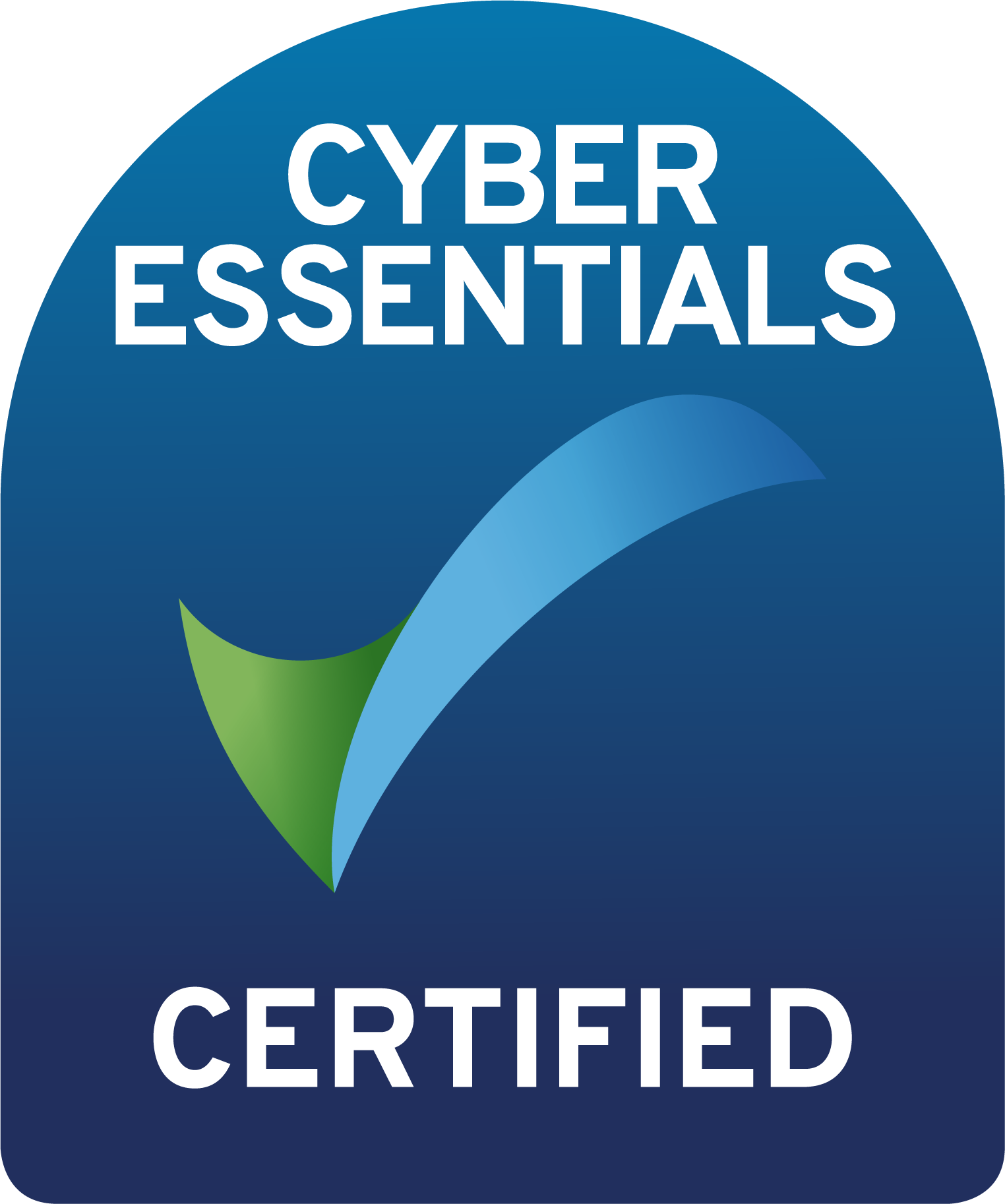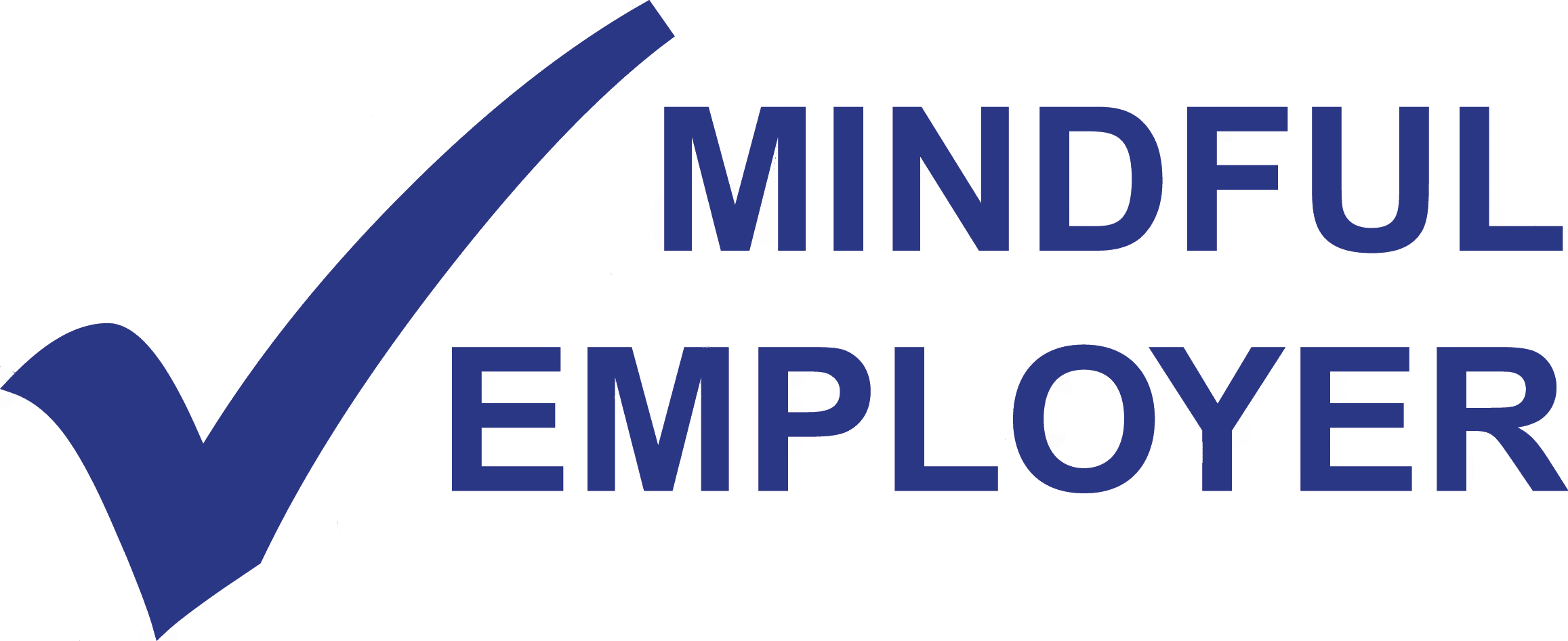Hypertension is raised blood pressure.
It is common among the general population, and is known to be a major factor in increasing the risk of individuals suffering from a stroke (brain haemorrhage) or heart attack. It may also contribute to aneurysms (swelling and weakening of arteries) and kidney problems.
Each of those conditions is serious and likely to impact upon an individual’s ability to work, and in severe cases may render someone totally incapable of working.
It has also been shown that raised blood pressure may affect memory and cognitive function – that is ability to understand. Recognising those potential effects of hypertension makes it easy to appreciate how this condition can impact upon the health of individual employees, the workforce and therefore the organisation as a whole.
However the real problem is that most hypertension goes undetected until an individual has a problem, by when it may be too late, both in terms of their health and their ability to work. Early detection of raised blood pressure is an easy way of preventing future ill health as well as improving the health – and therefore the performance – of the workforce.
There are many factors that contribute to an individual developing hypertension. Family history is important, but so is age, race, overweight, inactivity, smoking, too much dietary salt and too little dietary potassium or vitamin D. Pregnancy is often associated with increased blood pressure, and there may be underlying medical conditions such as kidney disease, diabetes or sleep apnoea. Some prescribed medication may be associated with increased blood pressure, as well as recreational drugs including cocaine and amphetamines.
A number of workplace factors may also contribute. Stress is generally accepted as being a significant factor, particularly when individuals have less job control.
Less well known is that prolonged noise exposure may also be relevant, as may cold exposure, working in particularly hot environments, some solvents and some heavy metals.
As with all prescribed medication, that given for blood pressure may have side effects, some of which can affect working ability.
Some may cause cold hands and feet causing difficulty working in cold environments, or precipitating symptoms that may be confused, for example, with hand arm vibration syndrome. Others will have less dramatic side effects, such as increased need to pass urine or troublesome coughs, either of which may still be sufficient to interfere with work. If the dose is not correct the blood pressure may be lowered too much causing dizziness, or, in extreme cases, collapse.
it is evident from the above that hypertension has potential to impact upon every employer and every organisation. Like every problem it is best if detected and addressed early. Occupational health can assist by implementing programmes of routine blood pressure checks, providing lifestyle advice to reduce individual risk factors, by liaising with other health professionals to ensure optimal control without side effects, as well as by advising about potential workplace issues that may have an effect on blood pressure, including stress management.
For more information please get in touch.
Find out more about our Occupational Health and Health Surveillance services.




